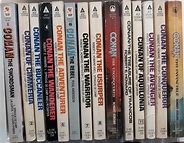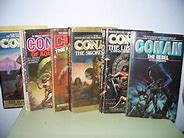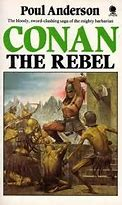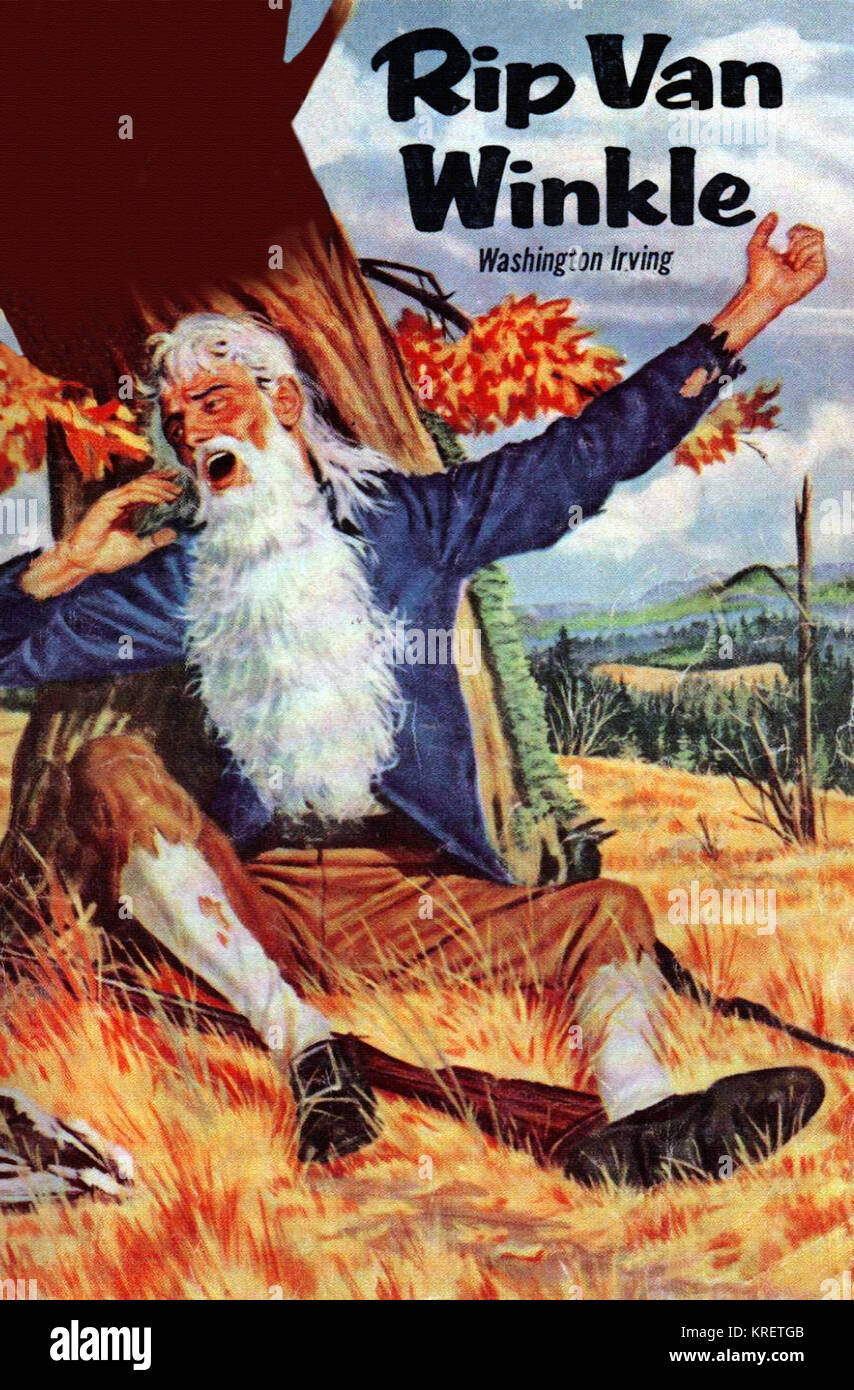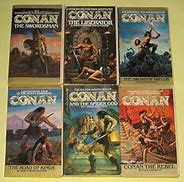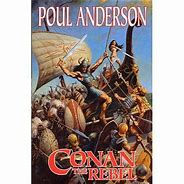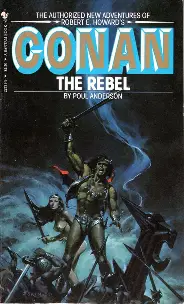Since this blog recognizes SM Stirling as a worthy successor of Poul Anderson, we have ordered a copy of Blood Of The Serpent on eBay and expect its arrival early next week. Reading it will be interrupted by the monthly visit to Andrea above the Old Pier Bookshop.
We gather that Stirling's novel is set early in Conan's life. It should therefore precede Anderson's novel and probably also Conan's relationship with Belit.
Anderson and Stirling have also both contributed to the Man-Kzin Wars sub-series of Larry Niven's Known Space History. We can follow these two authors' contributions to other authors' series without necessarily reading any other instalments of those other series.
Quite a while ago now, I was rereading and posting in detail about Poul Anderson's Rogue Sword. However, this was interrupted by problems with the computer. When a working computer had been restored, I had lost my focus on Rogue Sword and instead began to post about the Ythrian stories in Anderson's Technic History. It might be time to return to Rogue Sword but time will tell.
See:
The Merman's Children In Context
result of blog search for "Lucas"












